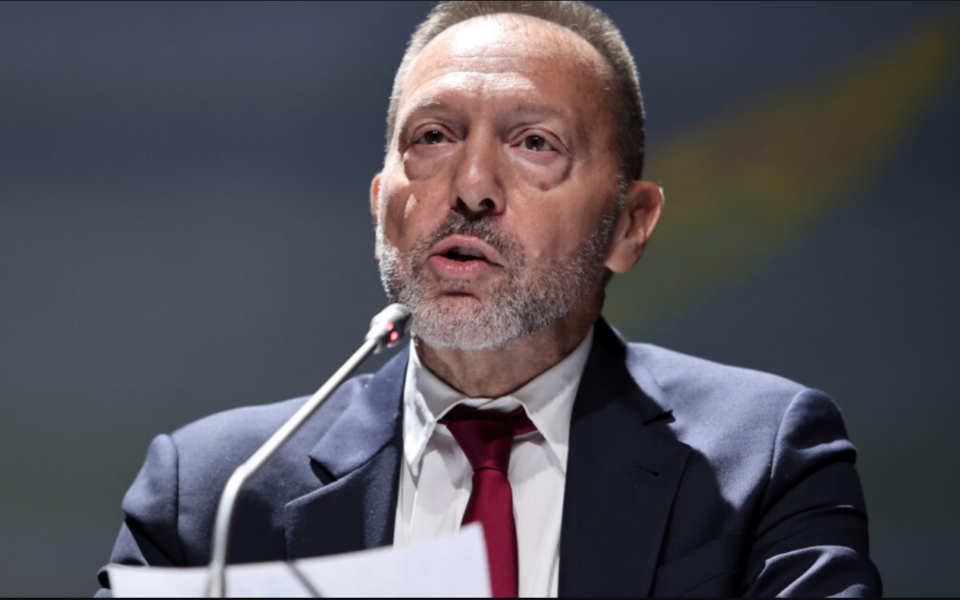Stournaras: An independent central bank prevented euro exit in 2015

If the Bank of Greece were not independent, Greece might have exited the eurozone in 2015, Yannis Stournaras, then as now the central bank’s governor, said Saturday.
Stournaras was speaking at a Kathimerini-sponsored conference on the upcoming 50th anniversary of the restoration of democracy, on a panel debating the questions “Is democracy safe over the next 50 years? Can Greece be reformed?”
Who disputes that, if not for the Bank of Greece, we might not be still in the euro after the 2015 adventure?” Stournaras said, referring to the first half of tht year, when the Syriza-led government thought it might force Greece’s EU partners into abandoning a good part of their austerity demands .
That is why, there must be institutions that can counterbalance the government. “The quality of (our) democracy will improve if there is greater trust in the institutions,” Stournaras added.
Despite the long crisis it went through, Greece is still relatively high in the United Nations’ human development index, namely the top 13%, Stournaras said. We must aim to reach the top 5% in the near future, Stournaras said.
Stournaras said democracy is not endangered, but pervasive inequality feeds populism, which is always a threat. Stournaras argued for a safety net based on interventions in taxation and a more effective supervision of the markets. But education must remain the top priority,he said.
Stournaras touched on the migration issue, remarking that there is a need for an additional 200,000 workers. “If we didn’t have the Albanian migrants in the 1990s, we would not have met the inflation criterion set by the Maastricht Treaty” for Greece to join the eurozone, Stournaras said. “If we do not succeed in getting the jobs needed in tourism and construction, there will be a problem,” he added.
Touching on Greece’s debt, Stournaras said that, after the country’s effective bankruptcy, Greece was given a great gift in the form of the largest aid package ever, at €289 billion, in debt refinancing at a low rate. He estimated that, if we manage to maintain a primary budget surplus equal to 2% of GDP and if reforms continue, debt could be reduced in 50 years to under 60% of GDP, the desired level prescribed by the European Union and, according to the latest data (2022) attained by only 13 out of 27 members (average debt is 83.5%). “We owe it to the coming generations,” he remarked.
“I hope we do not commit suicide in the future. We have the capacity to take advantage of this huge debt restructuring,” Stournaras concluded.





